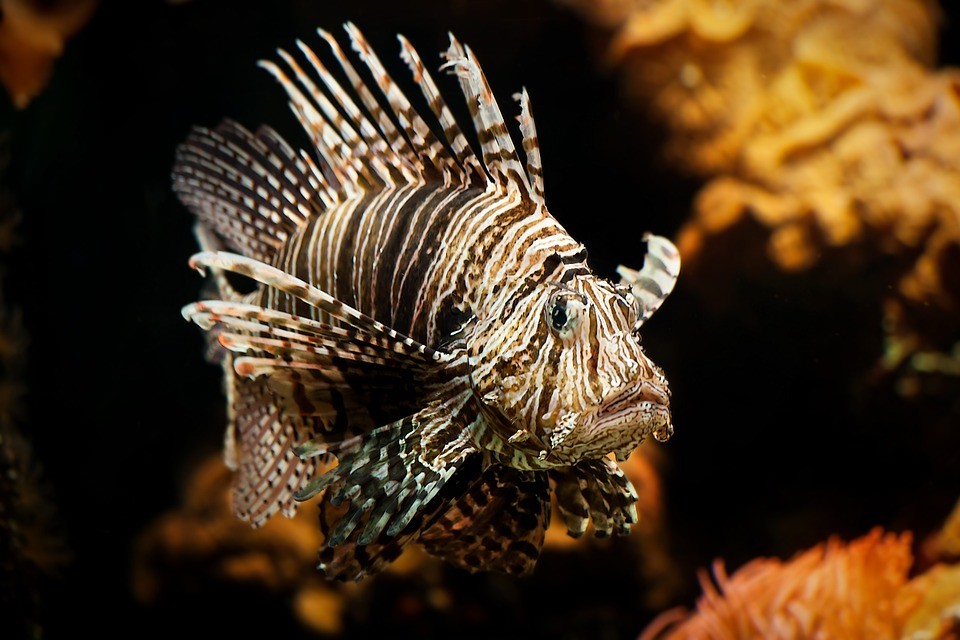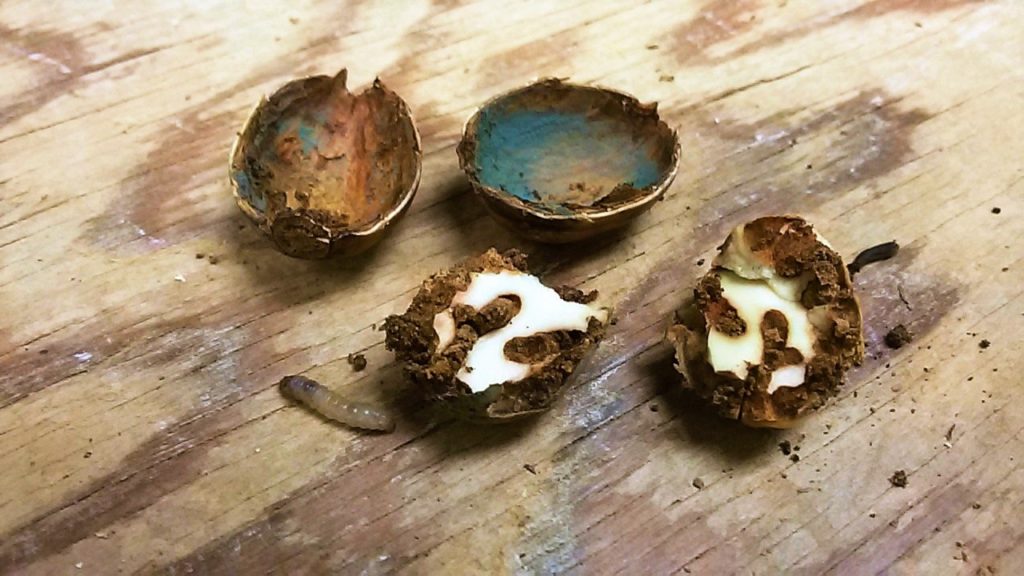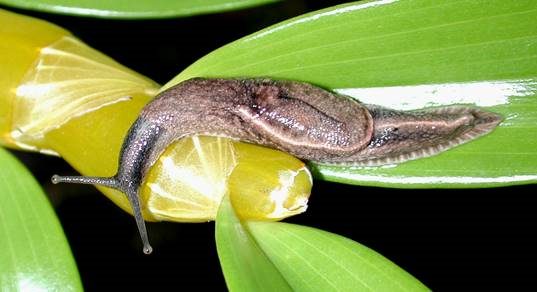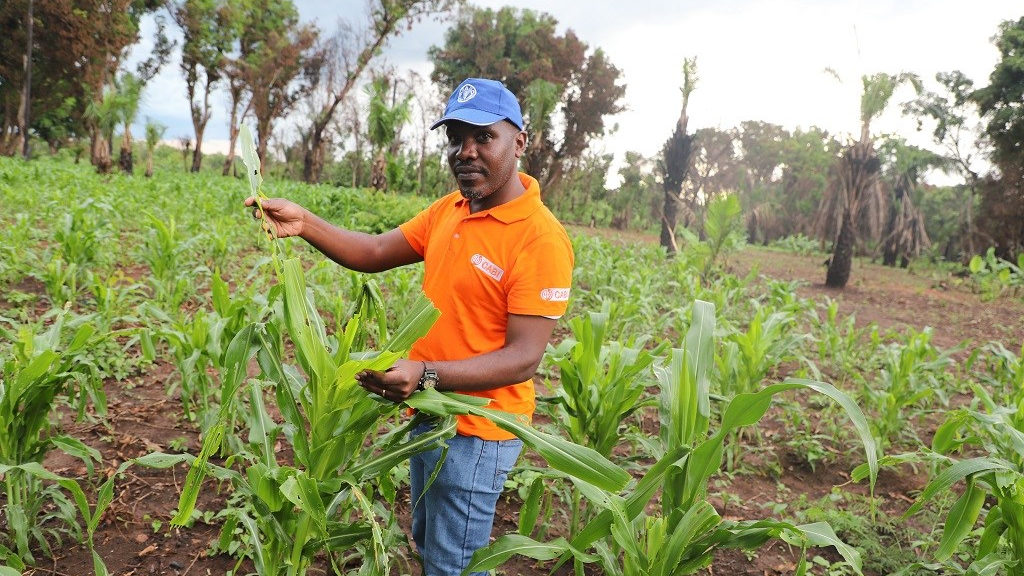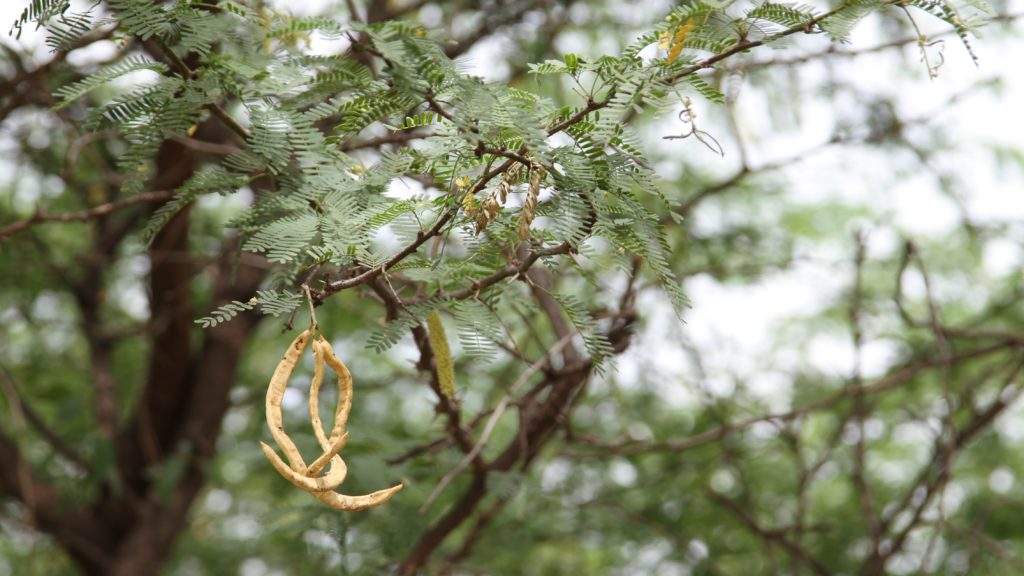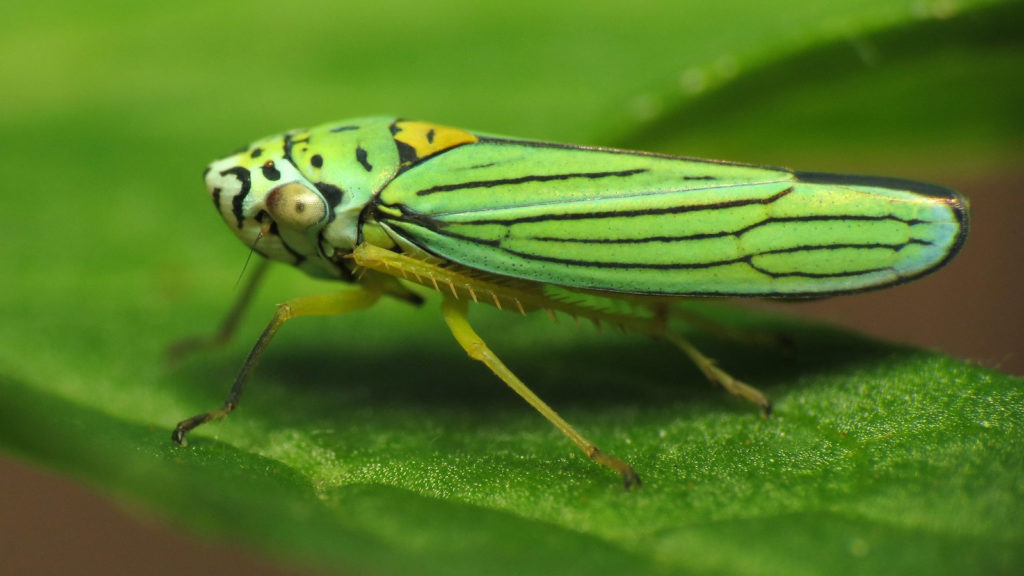Invasion of a predator: Lionfish
By Rebecca Quarterman and Hannah Fielder The majestic, unusual looking Lionfish could be seen as harmless to the untrained eye. Yet, this invasive species has multiplied aggressively over the last two decades to become a serious threat to biodiversity in the marine setting. The red lionfish (Pterois volitans) and the devil firefish (Pterois miles) are…
Traded forest tree seeds pose a great risk of introducing harmful pest, new research shows
CABI has led an international team of scientists who strongly suggest that the global trade of forest tree seeds is not as safe as previously believed, with insect pests and fungal pathogens posing a great risk to trees and forest ecosystems worldwide. Non-native insect pests and fungal pathogens present one of the major threats to…
Invasive species hitch a ride on marine litter
We are more aware than ever of the impact of pollution on marine life, from ingestion and entanglement in manmade waste, through to the discovery of microplastics within microorganisms, fish and large mammals. One perhaps overlooked impact is its role in the spread of invasive species. Acting as a raft on which potential invasive species…
Continuing the biological fight against a hardy foe – the maize-devastating western corn rootworm
CABI is continuing the fight against the maize-devastating western corn rootworm (Diabrotica virgifera virgifera) by collecting more than 22,000 live specimens of this chrysomelid beetle for further research into its biological control. Dr Stefan Toepfer has been busy in the maize fields of southern Hungary gathering the insects, which, of Mexican origin, have invaded many maize…
Deploying biopesticides to combat fall armyworm in South Sudan
A new project in South Sudan is combatting the fall armyworm, an insect that can cause significant damage to crops, particularly maize. With more than half of South Sudan’s current population—nearly 6.2 million people—in need of life-saving food assistance, safeguarding food security where possible is essential. Launched in January 2019 as a partnership between CABI,…
Collaborative effort in Kenya to manage the impact of scale insect in coastal region
By Fernadis Makale, CABI Scale insects – such as the coffee mealybug and cassava mealybug – are some of the least studied group of invertebrates in East Africa. However, a collaborative effort has been made to address the threat they pose to smallholder farmers: despite their cross-cutting status as pests in all plant groups, crops,…
Kenya faces devastating Prosopis invasion: What can be done
By Purity Rima Mbaabu. Originally published on The Conversation. Woody plant species have been deliberately introduced into many arid and semi-arid regions across the world as they can help combat desertification and provide resources – like fuelwood – to the rural poor. But some of these alien trees and shrubs have become invasive, having devastating effects on other species as…
Reaching more farmers with fall armyworm knowledge and information through ICT-enabled extension
Since 2017, CABI and partners have launched a series of extension campaigns in Kenya and Uganda in the fight against the invasive pest fall armyworm. These campaigns used integrated ICT-enabled approaches combining radio, SMS, and community video screenings with the aim of improving awareness, knowledge and management practices for fall armyworm. Although smallholder agriculture is…
CABI joins international team of scientists calling for a Global Surveillance System to fight crop diseases
CABI has joined an international team of scientists calling for a Global Surveillance System (GSS) to fight a range of diseases which threaten priority crops including maize, potato, cassava, rice, beans and wheat. The team, which includes the International Center for Tropical Agriculture (CIAT) – lead authors of a new report published in Science (28 June 2019),…

